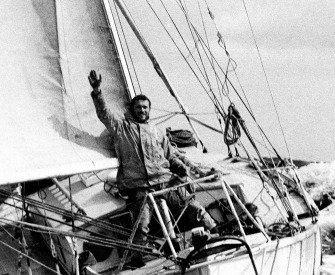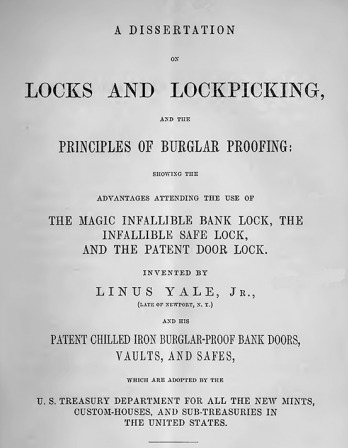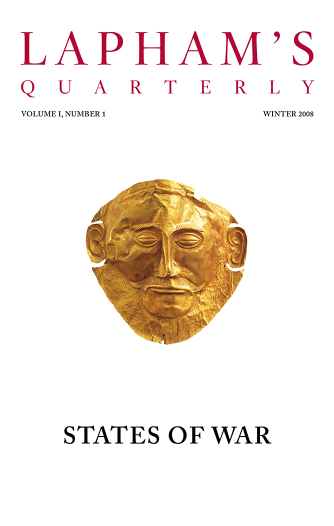Our nation is at risk. Our once unchallenged preeminence in commerce, industry, science, and technological innovation is being overtaken by competitors throughout the world. This report is concerned with only one of the many causes and dimensions of the problem, but it is the one that undergirds American prosperity, security, and civility. We report to the American people that while we can take justifiable pride in what our schools and colleges have historically accomplished and contributed to the United States and the well-being of its people, the educational foundations of our society are presently being eroded by a rising tide of mediocrity that threatens our very future as a nation and a people. What was unimaginable a generation ago has begun to occur—others are matching and surpassing our educational attainments.
If an unfriendly foreign power had attempted to impose on America the mediocre educational performance that exists today, we might well have viewed it as an act of war. As it stands, we have allowed this to happen to ourselves. We have even squandered the gains in student achievement made in the wake of the Sputnik challenge. Moreover, we have dismantled essential support systems which helped make those gains possible. We have in effect been committing an act of unthinking, unilateral educational disarmament.
History is not kind to idlers. The time is long past when Americans’ destiny was assured simply by an abundance of natural resources and inexhaustible human enthusiasm, and by our relative isolation from the malignant problems of older civilizations. The world is indeed one global village. We live among determined, well-educated, and strongly motivated competitors. We compete with them for international standing and markets, not only with products but also with the ideas of our laboratories and neighborhood workshops. America’s position in the world may once have been reasonably secure with only a few exceptionally well-trained men and women. It is no longer.
The risk is not only that the Japanese make automobiles more efficiently than Americans and have government subsidies for development and export. It is not just that the South Koreans recently built the world’s most efficient steel mill, or that American machine tools, once the pride of the world, are being displaced by German products. It is also that these developments signify a redistribution of trained capability throughout the globe. Knowledge, learning, information, and skilled intelligence are the new raw materials of international commerce and are today spreading throughout the world as vigorously as miracle drugs, synthetic fertilizers, and blue jeans did earlier. If only to keep and improve on the slim competitive edge we still retain in world markets, we must dedicate ourselves to the reform of our educational system for the benefit of all—old and young alike, affluent and poor, majority and minority. Learning is the indispensable investment required for success in the “information age” we are entering.
From A Nation at Risk. The report commissioned during the first term of Ronald Reagan’s presidency recommended that states lengthen the school year and set more rigid high school course requirements. On the report’s twenty-fifth anniversary, the nonpartisan campaign Strong American Schools observed that “stunningly few of the Commission’s recommendations actually have been enacted.”
Back to Issue




